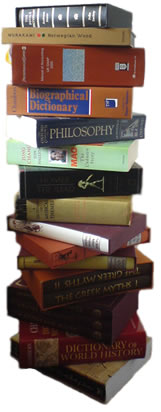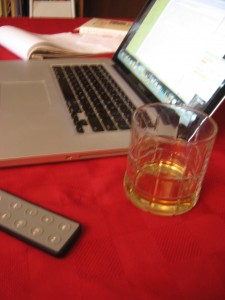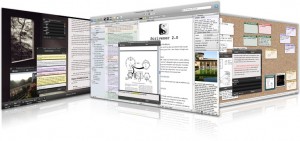
When I was in college — this was back in the Dark Ages, before the Internet — my desk had several reference books I would turn to in times of need. Not surprisingly, I had a dictionary and thesaurus, as well as a worn copy of Strunk & White’s Elements of Style. At one point, I also had a Latin dictionary so I could pepper my scholarly papers with pretentious-sounding phrases.
These days, the Web offers writers a number of reference tools for writing and blogging. Of course, Google and Wikipedia are my go-to jumping-off points when searching for information.
I keep several bookmarked for repeated use. Depending on your needs, some of these tools may appeal to you.
- Merriam-Webster Dictionary and Thesaurus — Merriam-Webster is my go-to source for double-checking my spelling and word choices.
- OneLook Dictionary — This online dictionary has some added tools. You can search using wildcards (great for finding words that rhyme) or use the reverse lookup using a definition to find a word.
- Grammar Girl’s Quick and Dirty Tips — Not a reference book, per se, but a great site for solving arguments about grammar and style. While I don’t always agree with her conclusions, nine out of 10 times, she is able to give a definitive answer to those annoying little grammar rules (like when to use “lay” vs “lie”).
- AP Stylebook Online — If you need a good style manual, I recommend Associated Press. The online version is constantly updated, so it’s worth getting a subscription.
- Wikimedia Commons — If you’re looking for media (images, video, sounds) that you can use without paying for them, check out this source. Wikimedia Commons includes royalty-free and public domain media.
Of course, the best thing about the Internet is a never-ending supply of inspiration. From news to history to discussion threads (like this one about “glitch in the Matrix” stories), there is no shortage of great ideas to jumpstart a writer’s creativity.


